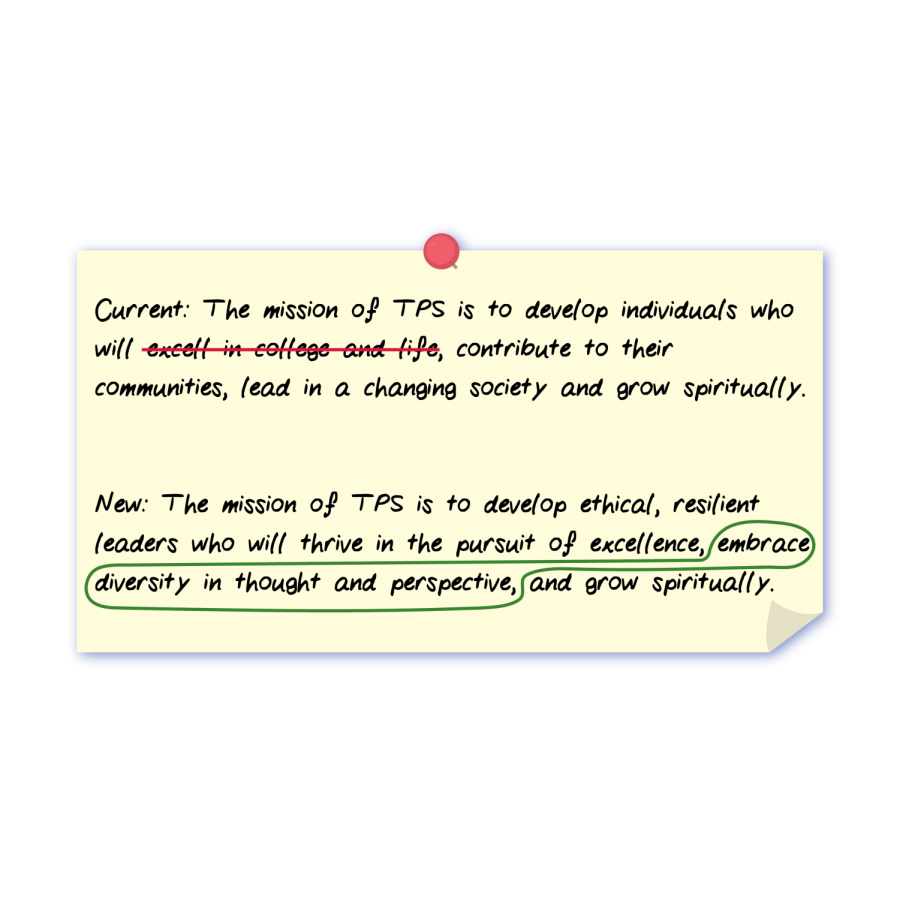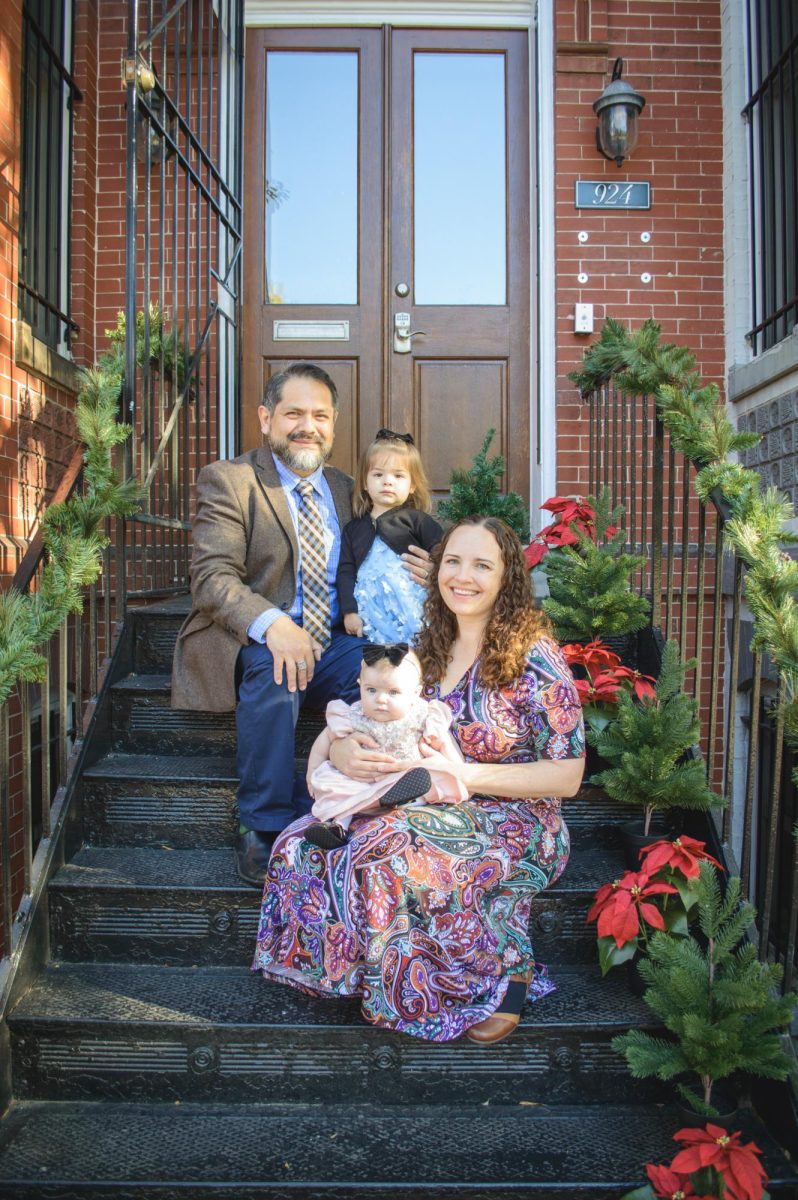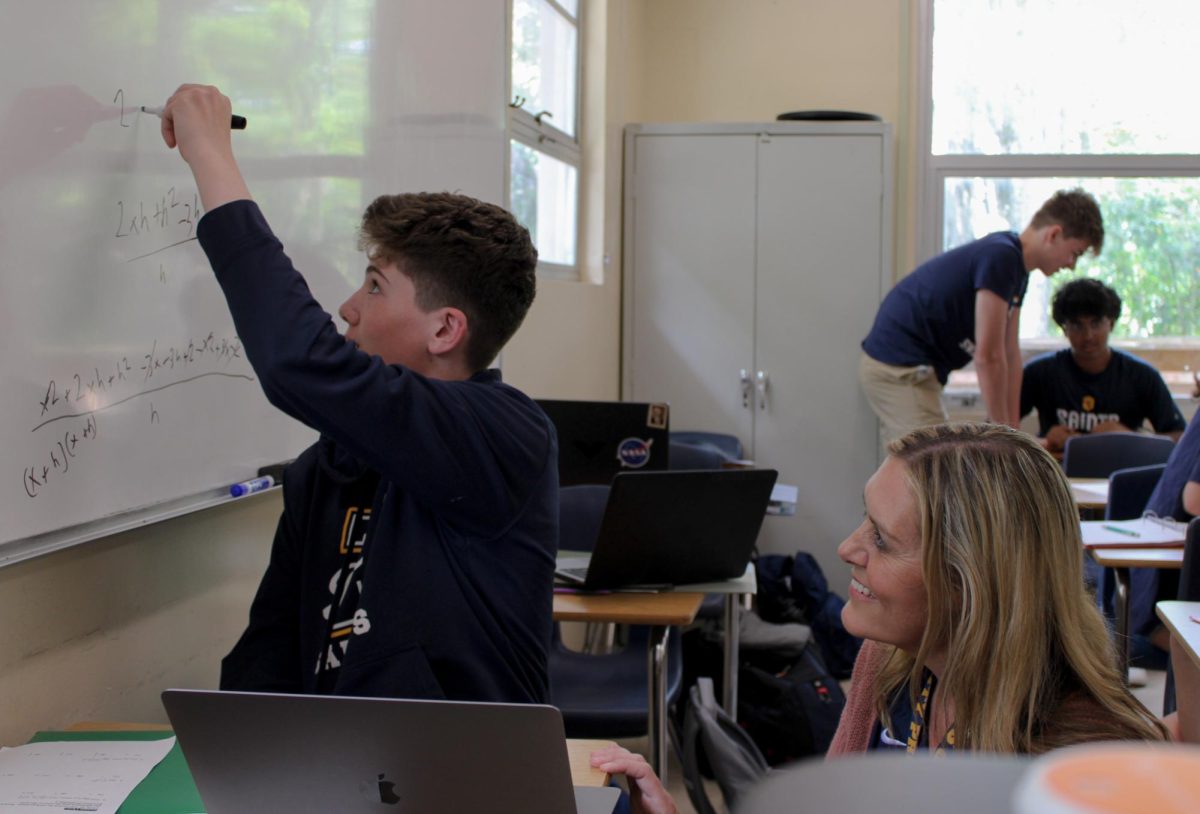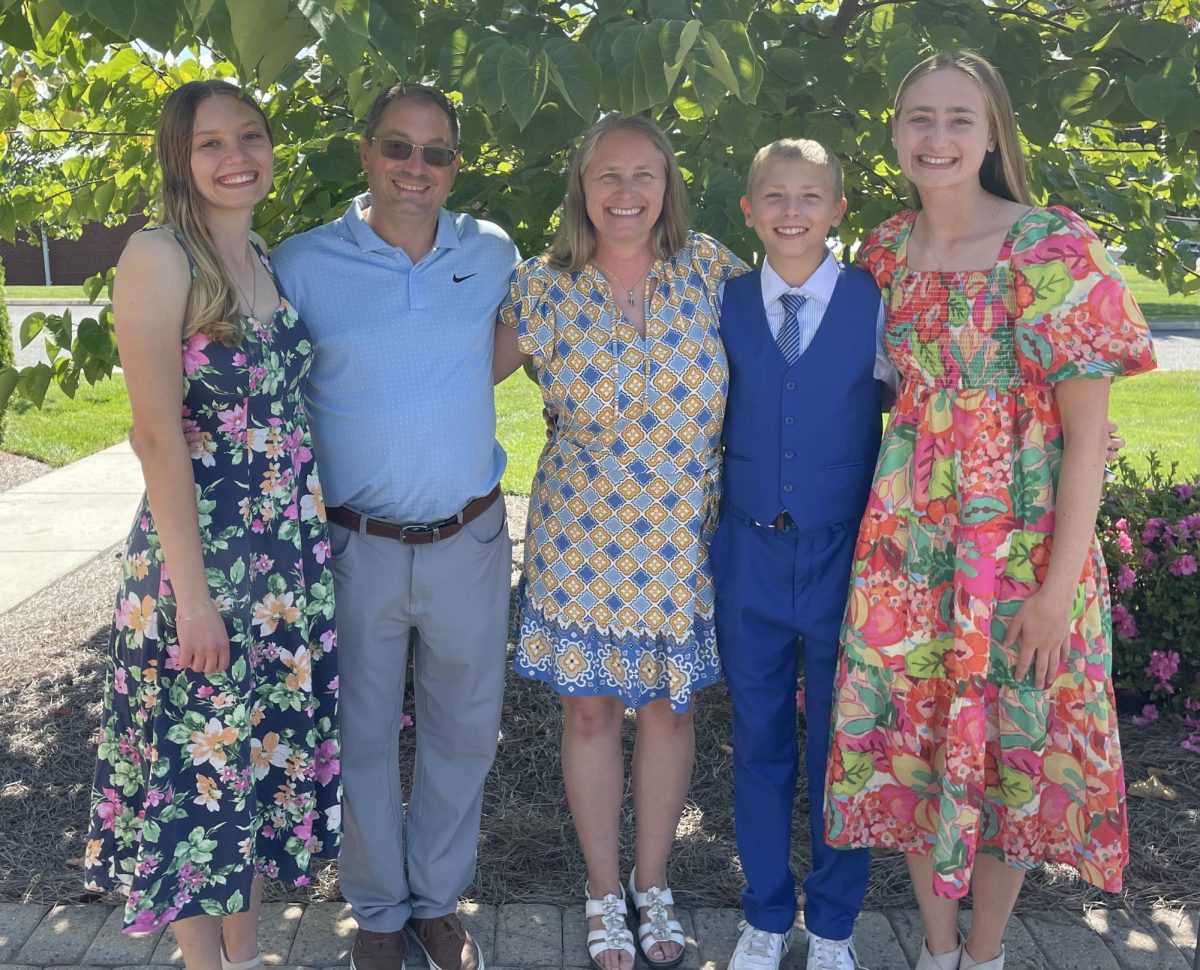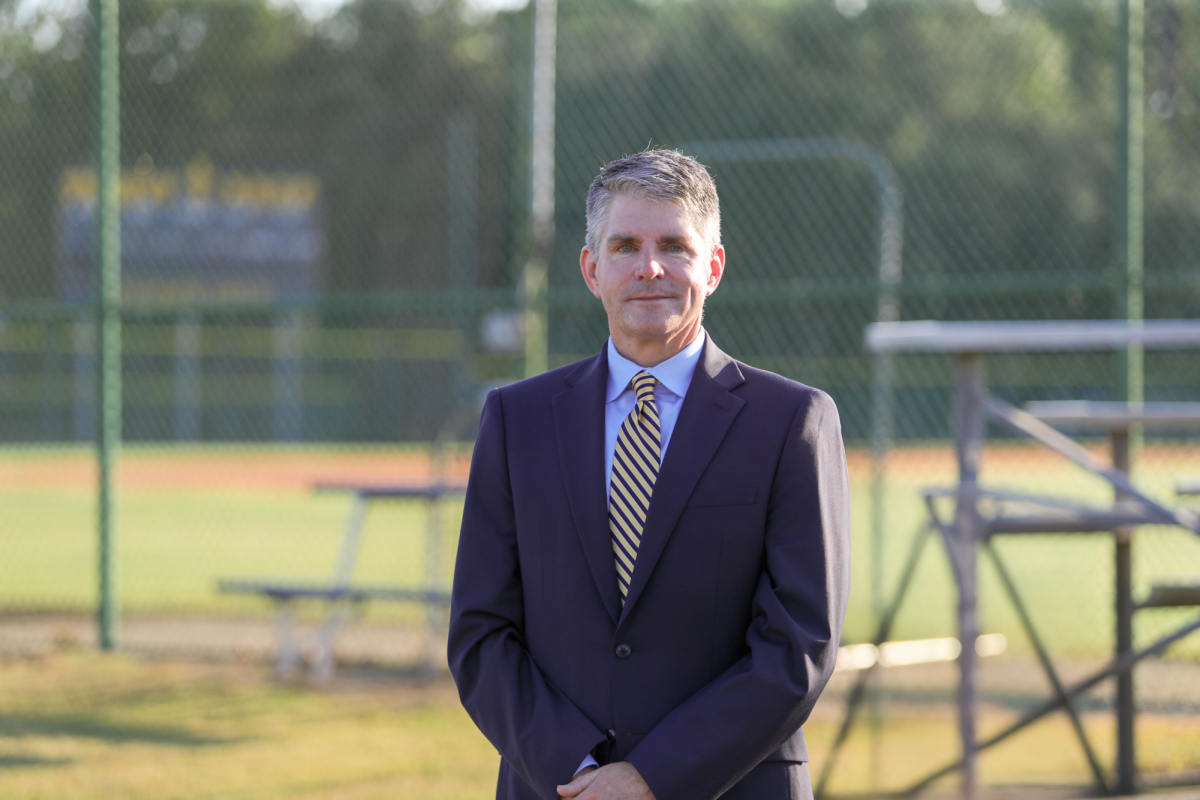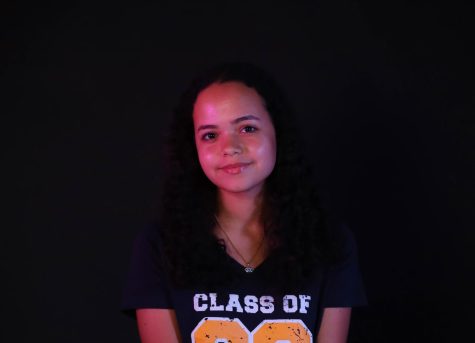In early March, Head of School Byron Lawson announced the school’s updated mission statement in an all-school assembly.
As a Florida Council of Independent Schools (FCIS) accredited school, Trinity’s mission statement must be reviewed at a minimum of every five years to remain amongst the top schools in the nation.
“Through a clearly organized process of reviewing every word, element and piece of punctuation, our mission was adjusted. Very little, but adjusted,” Lawson said.
For the review, the board established a committee comprised of board members, teachers and administrators to re-evaluate the mission in conjunction with Trinity’s core values, which remain unchanged.
These values continue to emphasize a focus on respecting the Trinity family, encouraging educational and extracurricular excellence, exploring individual spirituality and promoting leadership.
Previously reading, “The mission of TPS is to develop individuals who will excel in college and in life, contribute to their communities, lead in a changing society, and grow spiritually.” Trinity’s mission now reads, “The mission of TPS is to develop ethical, resilient leaders who thrive in the pursuit of excellence, embrace diversity in thought and perspective, and grow spiritually.”
Though the changes were minimal overall, the most notable revisions were the removal of the goal to “excel in college” and the addition of embracing “diversity in thought and perspective.”
According to Lawson, the removal of the goal to “develop individuals who will excel in college and in life,” is representative of the board’s shifting focus from developing students who are primarily concerned with academics and extracurriculars to developing individuals who are ethical and well-rounded.
The idea behind adding the goal of “embracing diversity in thought and perspective,” Lawson said, is for the same reasons: to again aid students in becoming well-rounded individuals, teaching the ability of listening to reason and accepting opinions that may not be their own.
“You should have a classroom where you feel comfortable speaking when you know half the class disagrees with you, when 90 percent of the class disagrees with you,” Lawson said. “People ought to be able to listen to each other, contest spoken words and thoughts, and resolve disagreements without getting to anger. You can listen to someone without giving up who you are.”
Faculty board representative Stephanie Wood maintained that Trinity’s main goals are the same, though the wording of the new mission is slightly different.
“The mission embodies the world that we live in today, and all the things that the community holds important,” Wood said. “To excel in college is a pursuit of excellence, it is to thrive, which you see in the new mission. The old mission is still represented, but in an ever changing world.”
In order to adhere to the board’s decision to encourage diversity in thought, teachers will likely be requiring more commentary from a wider range of students, there will be advisory activities and messages in chapel on what it means to truly thrive.
“The school wants the mission to be part of students’ everyday life in a way that allows the students to understand that it is more than words,” Wood said. “But instead what we represent.”




